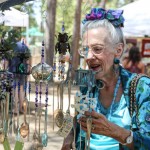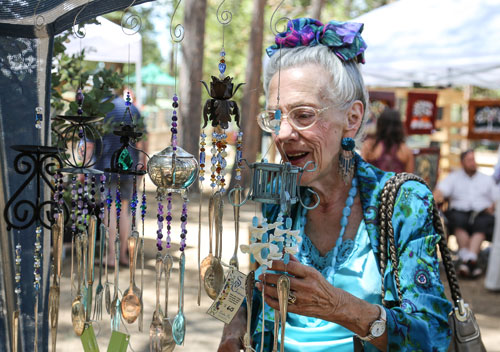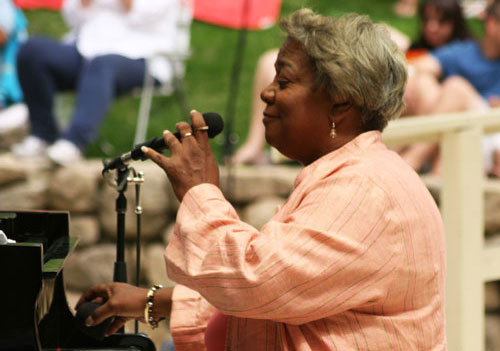For those of us in the fire suppression business, winter presents a paradox. Once the rain and snow come we, and the citizens of our mountain, relax our hyper vigilance for wildland fire. Statistically however, the biggest threat to life and property in our mountain communities has been cold temperatures, ice and snow. We’ve never lost a home in Idyllwild or Pine Cove in wildland fire, but many have been lost to fires that are heater and fireplace related.
The first thing many of us do to when it gets cold is to start a fire in our stove or fireplace. A cozy fire will warm you up, provide ambiance and perhaps help offset propane bills. Unfortunately, the Idyllwild Fire Department (IFD) will begin responding to more fireplace and wood stove related fires this time of year.
Experiencing a chimney fire is not the way a homeowner wants to find out that the chimney needs cleaning. If your fireplace is used regularly, have your chimney cleaned at least once a year. For those who burn only pine, twice a year (once in the middle of winter) is better.
Hot ashes, improperly handled, are the number one cause of ruinous residential fires in the Idyllwild and Pine Cove communities. Most of the time it is not the homeowner that causes a fire, but a guest or weekend renter. No matter how well-intentioned, cleaning hot ashes out of a fireplace or stove and leaving them on a wooden deck, up against the structure or in flammable vegetation is destined to have a poor outcome.
Homes are often completely lost because, in a typical scenario, the guest cleans out the stove late on Sunday afternoon andleaves the ashes in a flammable container on the deck. The smoldering process takes hours, there is nobody home and the fire is not reported until it is so large that it wakes up the neighbors. By the time the first fire engine arrives the house is usually a total loss.
If you are a property manager or somehow involved with lending or renting to weekend guests, leave instructions in front of the fireplace or wood stove. The safest thing to do with hot ashes is leave them in the stove to cool. If you want ashes cleaned out, provide a metal bucket with a lid (available at any of Idyllwild’s hardware stores) and instructions on where to then put the bucket on some non-flammable surface away from the house.
Another thing to think about is the possibility of having some kind of medical emergency occur during the winter when there is heavy snowpack on the ground. Look at your yard and ask yourself if paramedics and firefighters can actually get a patient, on a gurney, from the house to the ambulance.
Many people have asked why IFD sends a fire engine with the ambulance to medical calls. The reason we send so many people to medical calls is to deal with patient care, scene safety and the logistics of getting the patient into the ambulance. During snow periods, one or more firefighters will be assigned just to shovel snow off of steps and walkways to improve the safety of the patient and the emergency responders. Anything a homeowner can do to keep a path relatively clear from the house to the street will be a huge help in an emergency situation.
And finally, if there were an emergency, do you have a phone that works? What a silly question in this day and age! Ten-year-olds have phones that work! But do you have a phone that works when cell towers are overloaded with calls and there is no electricity? Many of us would have to answer “no.”
There are at least three ways to solve this problem: having generator power, backup battery power or an analog phone. The cheapest of the three is the old analog phone that we all used to have. No electricity is required for these older model phones and you can still buy them if you can’t find one stored in a closet somewhere. When you need to call 911 during a power outage, your best friend might be that old phone!













